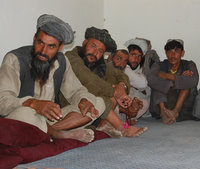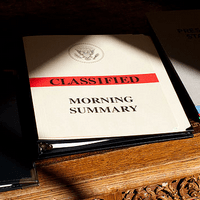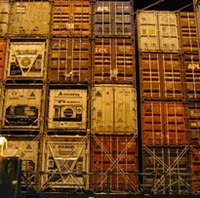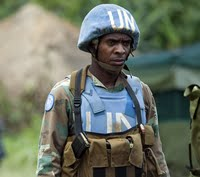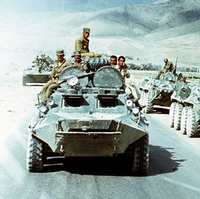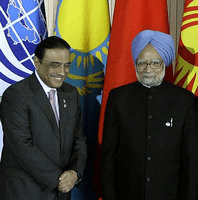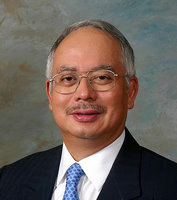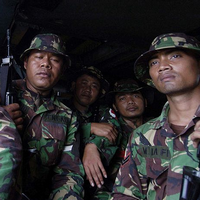
DENPASAR, Indonesia — Washington’s decision to partially lift the ban on contact with Indonesia’s Kopassus special forces command has angered human rights organizations within the country and beyond. The decision, which had been rumored for some time, was announced by U.S. Defense Secretary Robert M. Gates at a meeting last Thursday with Indonesia’s President Susilo Bambang Yudhoyono in Jakarta. The ban on Kopassus was part of a U.S. military embargo imposed more than a decade ago in response to repeated human rights abuses committed by Kopassus units and by Indonesia’s military, the TNI, in Papua, Aceh and East Timor. The […]

